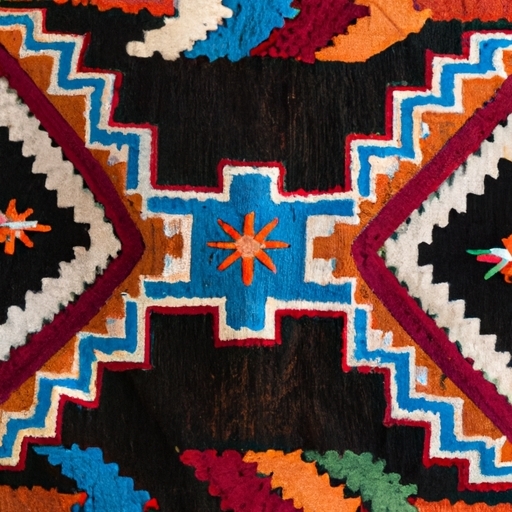The American Revolution had a profound impact on Native Americans, resulting in the loss of political power and control over their lands. Prior to the revolution, many Native tribes had established alliances with European powers such as the British or French, often playing a strategic role in colonial conflicts. However, with the establishment of the United States government, Native Americans found themselves marginalized politically and unable to effectively advocate for their rights.
As the new American government expanded westward, Native tribes were forced to cede more and more of their land through treaties that were often unfair and coercive. The concept of Manifest Destiny fueled the belief that it was America's destiny to expand across the continent, regardless of who already inhabited those lands. This led to violent conflicts between settlers and Native Americans, resulting in significant loss of life and displacement for many tribes.
Additionally, the American government sought to assimilate Native Americans into white society through policies such as forced removal and boarding schools. These efforts further eroded tribal autonomy and cultural traditions, leading to a loss of identity and self-determination for many indigenous peoples.
Overall, the American Revolution marked a turning point for Native Americans, as they saw their political power diminish in favor of an expanding settler colonial state. The legacy of these injustices continues to impact Native communities today, highlighting the ongoing struggle for sovereignty and recognition within the United States.
The American Revolution had a profound impact on Native American communities, leading to significant changes that continue to affect them to this day. The revolution brought about a shift in power dynamics and alliances among indigenous tribes and European colonizers. Many Native Americans were forced to choose sides in the conflict, with some supporting the British Crown in hopes of protecting their lands and way of life, while others sided with the American patriots in pursuit of independence.
Regardless of which side they supported, Native Americans ultimately found themselves caught in the crossfire of a war that was not their own. The aftermath of the revolution saw widespread land loss and displacement for many indigenous tribes as new boundaries were drawn and treaties were broken. The rise of the United States as a nation also led to increased pressure for assimilation and cultural erasure among Native American communities.
The trauma experienced by Native Americans during this tumultuous period has been passed down through generations, contributing to ongoing social issues such as poverty, substance abuse, and mental health challenges. The lasting effects of colonization, warfare, and forced assimilation continue to manifest in high rates of unemployment, inadequate access to healthcare and education, and disproportionate rates of incarceration within indigenous populations.
In order to address intergenerational trauma among Native American communities, it is essential for society to acknowledge the historical injustices that have been inflicted upon these groups and work towards healing past wounds. This includes honoring treaty rights, promoting cultural revitalization efforts, and providing resources for mental health support and community development initiatives. By recognizing the long-lasting impact of the American Revolution on Native Americans and taking steps towards reconciliation, we can begin to build a more equitable future for all individuals affected by this shared history.
how did the dawes act affect native american
